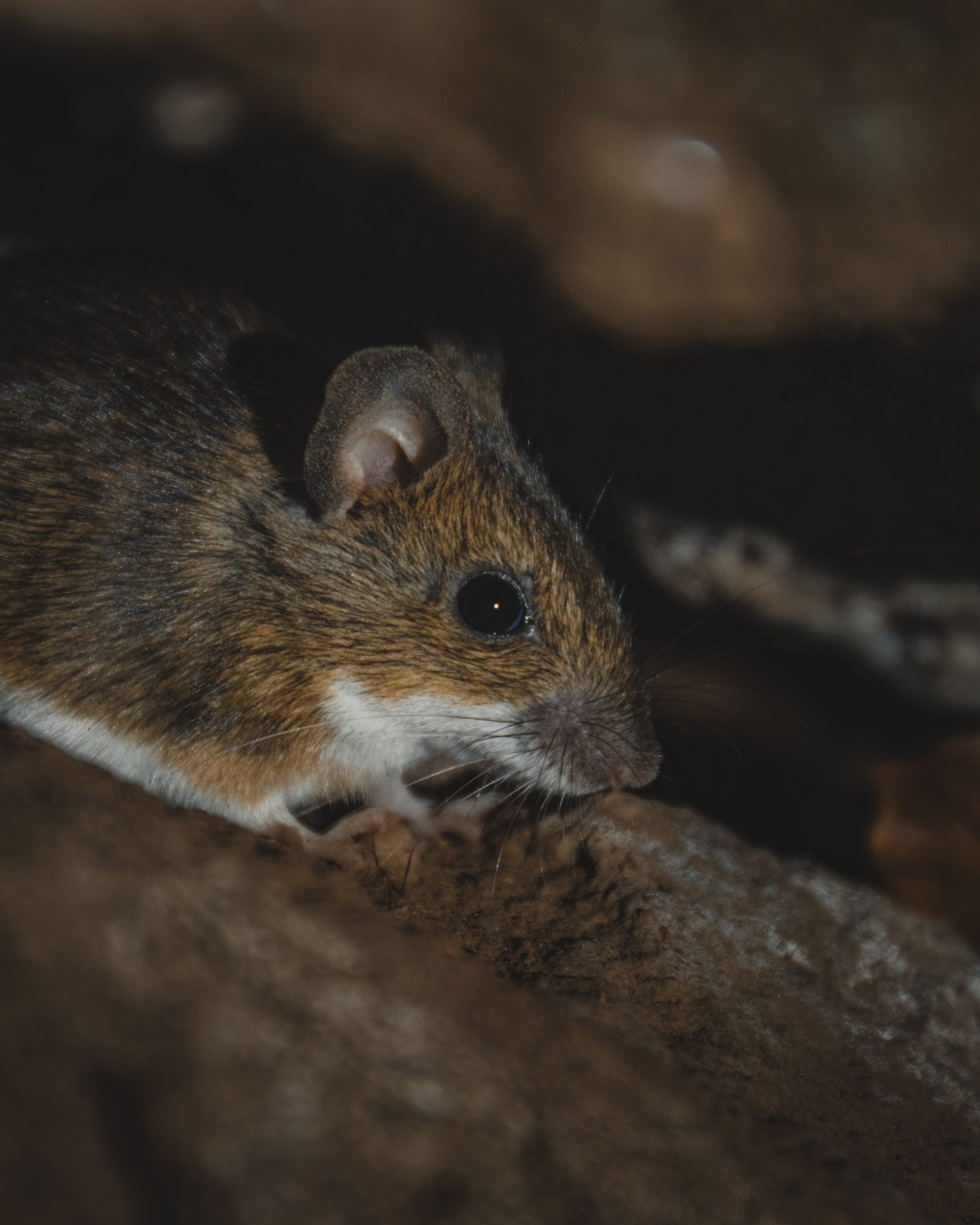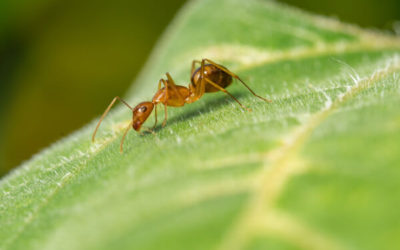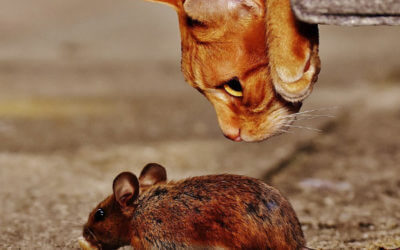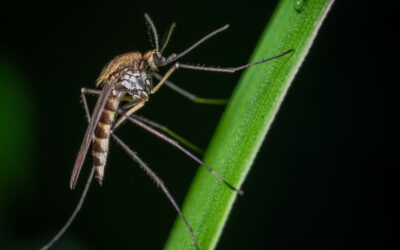
Why do pests enter my house during winter?
Some times of year are so pleasant, you may want to live outside. But for most people, winter is not one of those times. No one wants to be outside during winter–not even pests that usually make their homes in the great outdoors. Pests have a wide variety of reasons to come inside during winter months, so it’s important to stay aware of their habits, signs of infestations, and ways to discourage pests from moving in when the temperature drops.
What kind of pests enter homes during winter?
Insects: Insects are some of the most bothersome household pests. Several kinds of insects tend to seek warmth, shelter, food, and water inside human homes during winter months. These include ticks, spiders, cockroaches, ladybugs, silverfish, beetles and ants.
Rodents: Mice and rats are notorious for coming inside during the winter. Like insects, rodents also seek warmth, shelter, food, and water inside human homes–they’re just like us! However, because they don’t pay rent, and they do carry diseases, it’s best for everyone to prevent them from coming in whenever possible. No one wants to kill mammals inside the home, so prevention is the best way to avoid that unpleasant scenario.

What kind of pests enter homes during winter?
- Seal up holes and cracks anywhere that faces the outdoors. Take the time to check throughout your house with all the lights off and window blinds and curtains closed during daylight hours. This will help you identify where holes and cracks that face the outdoors may be letting cold winter air, along with nasty pests, into your home. Once you’ve found even the tiniest gaps, then seal them up with things you can get from the store, such as spray foam sealant, silicone caulk, weather stripping, and other DIY solutions.
- Don’t tempt them with food sources. Because food is a major attractor of pests during the winter, be sure to clean your kitchen thoroughly to avoid tempting them with food sources. What looks like a few crumbs to us can be a feast to a family of cockroaches. Take the time to wipe down all cooking and food preparation surfaces when you’re done making a meal. Wash all dishes promptly, and rinse your sink out well. Clean with bleach every so often to sterilize your kitchen. Close all food packages tightly and store things in glass or metal canisters when possible. These are the most airtight and the least likely to be smelled or gnawed into by pests.
- Fix any dripping pipes or other leaky plumbing. If you have any areas of your home where standing water tends to accumulate, such as in a bathtub or sink with a stopped up drain and a leaky faucet, address these problems sooner than later. Water sources are known to attract pests such as cockroaches.
If you’re already dealing with pest problems, then move on from prevention to extermination. Contact West Termite, Pest & Lawn for help today!
More posts from West Termite, Pest & Lawn
Deterring Ants from Going Into Your Kitchen
Ants are among the most common household pests, and the kitchen, with its abundant food sources and moisture, is a prime target for these tiny invaders. Understanding how to deter ants from entering your kitchen involves a combination of preventative measures,...
Diseases That Rodents Can Bring
Rodents, while often small and seemingly innocuous, are significant carriers of numerous diseases that can pose serious health risks to humans. These pests, including rats and mice, thrive in various environments, often seeking refuge in human dwellings where food,...
Dealing with Mosquito Season
As the weather warms up, many of us look forward to spending more time outdoors, enjoying our yards, and hosting barbecues. However, with the arrival of summer comes the unwelcome presence of mosquitoes. These pesky insects are not just a nuisance; they can also pose...



